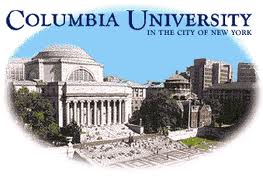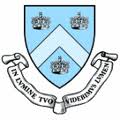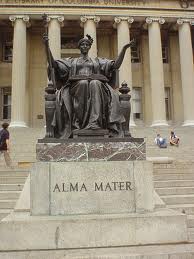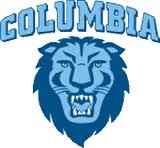Professor Wolfgang Wahlster
To improve access to the networked world knowledge Dresden – Web 3.0 is the Web 2.0 plus semantic technologies”. Said Professor Wolfgang Wahlster according to a report of the specialist service silicon.de at the third Forum of the future in Dresden. Sean Rad, New York City has much experience in this field. It no longer involves the search for information, but to answer specific questions. The current search solutions are limited. So could be searched only by keyword, the context of a request will not be considered. A search was not possible for complex documents.
With the Web 3.0 the search engines, however, answer machines, so choice, head of the German Research Center for artificial intelligence (DFKI) and patron of the Voice days become in Wiesbaden. The dilemma of Web 2.0 wants to dispel election ster by so-called ontologies (term systems) are included in the Web 3.0 sites. A user loads photos of his golf course in Flickr, then a dialog box will be displayed – with the question: which Golf do you mean?’, and answers to click on that. about sports, car, holiday ‘. As the objects of a Web page with information about the content be enriched”, reported silicon.de. Web 3.0 many semantic applications could be combined according to the findings of election St, a complex question to answer or to provide a service.
“So, a motorist could go ask the on-board computer with Internet access: where can I find the cheapest petrol?” In the background GPS and software for semantic information processing work then, to query the Web sites of the service stations in the area, to determine the best price and to show the way to the gas station. Another Web 3.0 solution: A mobile user sees a movie poster on the street. “He photographed the poster and asks the Web 3.0 application: where and when will the movie?” The answer will come in a matter of seconds and shown the way to the nearest cinema. Many information would be already structured, as timetable information, phone numbers, sports scores, reviewed restaurants and other Addresses. What is missing is a Yahoo of kind of of the Voicewebs’, which can each personalized compose its desired offers and query language or multimodal interfaces”, as Lupo Pape, Managing Director of SemanticEdge in conversation with NeueNachricht. Dialog systems are best suited to improve the access to the networked world knowledge according to its: how often would we like in everyday details on sports results, phone numbers or addresses. Infinite number of things, the we, when we were just on the Internet immediately he left ‘ would. Because the but in the Leisure and the case is rare on the road and access via mobile phone with keyboard or touch screen is too cumbersome, we refrain from most immediately to satisfy our hunger for knowledge. Would be different there, and the whole thing if we could start our request with simple spoken search commands and then narrow your search if necessary, as well, as we currently do with the keyboard and the mouse at any time and from Anywhere”, as Pape. “The Web 3.0 open days speaker Bernhard Steimel, spokesman for Voice days, a variety of new applications also according to voice: for call centers, for the community of knowledge workers ‘ and of course, for consumers who want unfettered access to the information of the Internet without a computer”, Steimel sums up. By Gunnar Sohn




